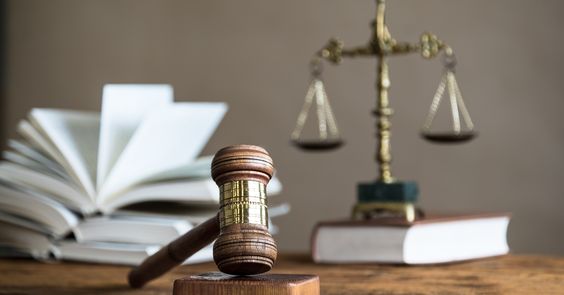Лоер
Video conference in civil court sessions: features of participation.
In today's world, technology plays an increasingly important role in various areas of life, including the legal system. One of the innovations that is being actively implemented in court practice is the holding of court hearings in video conference mode. This innovation makes it possible to simplify the process of considering cases, providing more convenient and prompt representation of interests in court.
Advantages of video conferencing in court sessions
The use of video conferencing has a number of advantages for both the court and the participants in the process:
Convenience and time saving: Video conferencing allows the parties to participate in the court session without leaving their seat. This is especially important for attorneys who may be working on multiple cases at the same time.
Accessibility: Video conferencing provides an opportunity to participate in court proceedings for persons who are located in remote regions or who are unable to attend court in person.
Security: In the conditions of pandemics and other emergency situations, video conferencing allows you to avoid unnecessary contacts and reduce the risk of spreading infections.
Features of participation in a video conference
Participating in a court hearing via video conference has its own characteristics that must be taken into account for the effective protection of the client's interests.
Preparation for video conference
The lawyer for the court should prepare in advance for the video conference by checking the technical means of communication and ensuring the availability of all necessary documents in digital format. This will avoid technical problems and ensure a smooth process of the court session.Representation of interests in court
A court representative participating in a video conference must be prepared for possible technical obstacles and be able to respond quickly to them. It is important to ensure quality communication and clearly follow the rules of conduct during the video conference so as not to interfere with the normal course of the court process.
Defense in court
Defense in court in the mode of video conference requires a lawyer in court to be highly professional and able to adapt to new conditions. A lawyer must be prepared for possible difficulties associated with limited communication capabilities and be able to effectively use all available means to represent the client's interests.
The role of a lawyer in a video conference
A lawyer in court plays a key role in the process of representing the client's interests during a video conference. Its main tasks include:
Preparation of the client: The lawyer must ensure proper preparation of the client to participate in the video conference, explaining to him the basic rules and procedure of the court session.
Presentation of evidence: The lawyer must be ready to present all necessary evidence in digital format and be able to respond quickly to the court's requests.
Negotiation: If necessary, the lawyer must be prepared to negotiate with other parties to the process using video conferencing capabilities.
Conclusion
Video conferencing in civil court sessions opens up new opportunities for efficient and convenient conduct of court proceedings.It is important that the representation of interests in court in the conditions of a video conference requires a lawyer in court to be highly qualified and able to adapt to new conditions. Effective use of this tool contributes to ensuring fairness and efficiency in the consideration of cases.

































